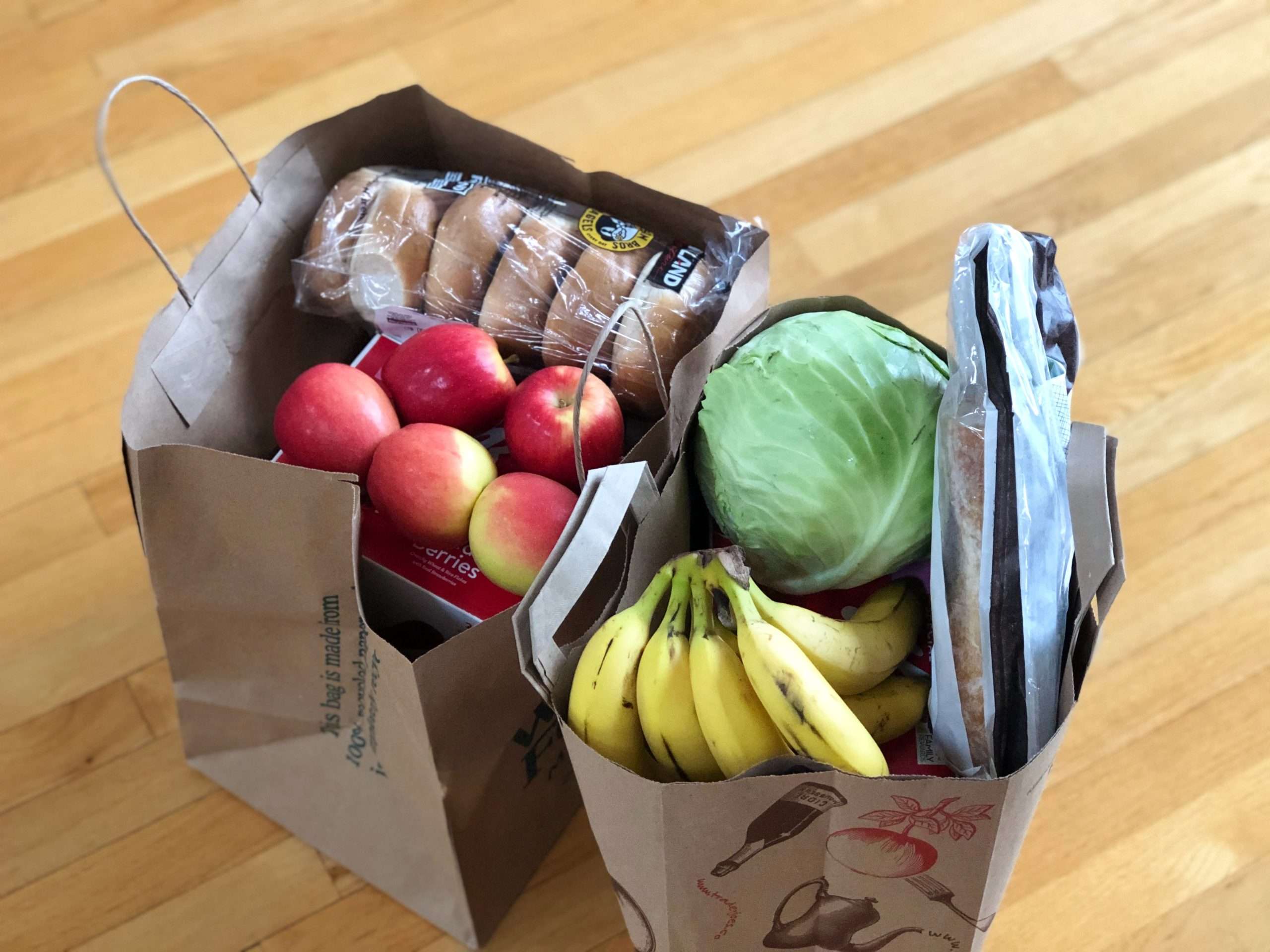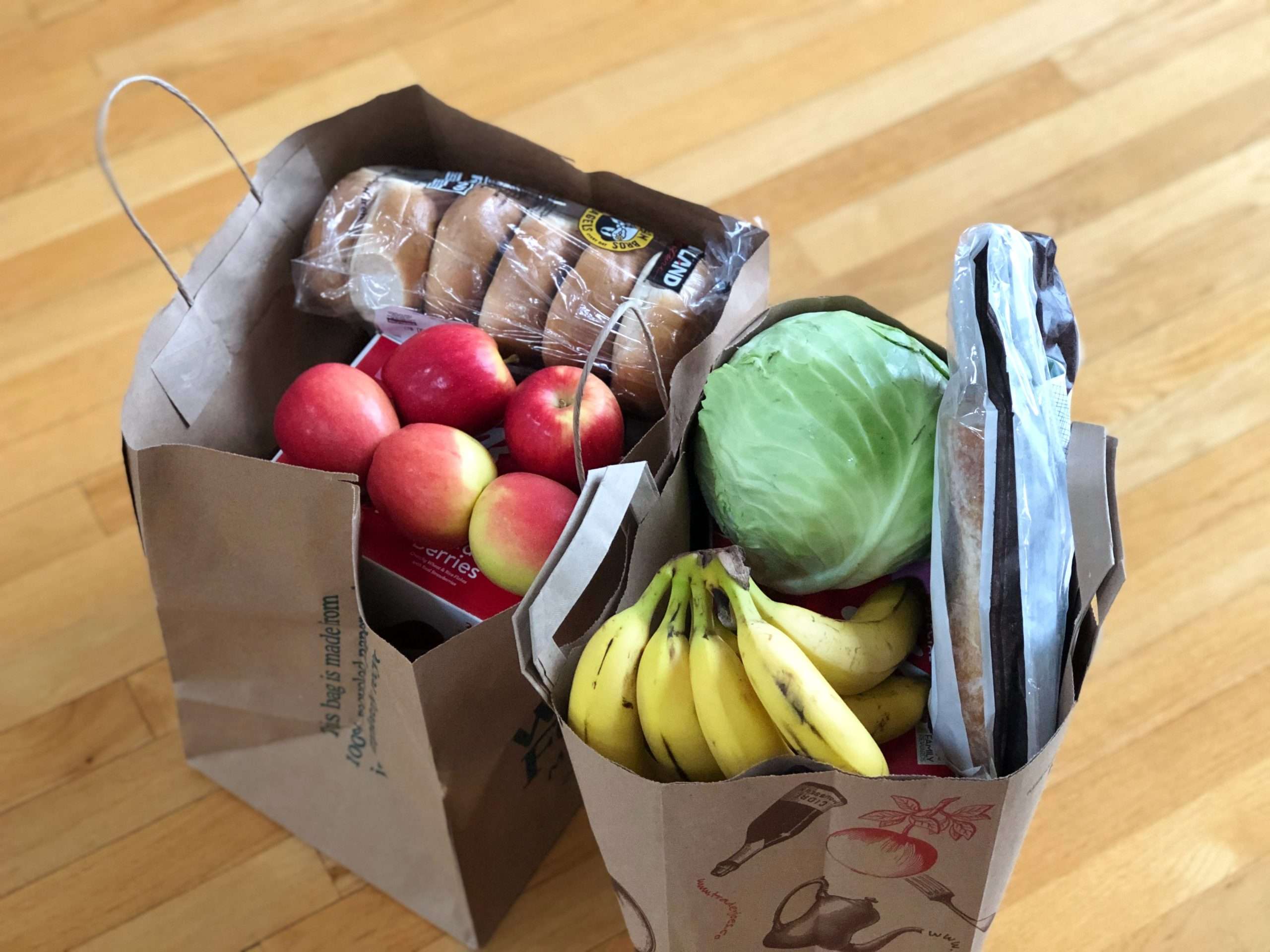Introduction

Characteristics of WPF Internship
WFP Internship; As a student or young professional in the field of international development, obtaining an internship with the World Food Programme (WFP) can be a valuable and exciting opportunity. The WFP offers internships in various departments, including operations, finance, communications, and more, providing hands-on experience in a wide range of areas. However, with so many applicants vying for a limited number of positions, it can be challenging to stand out and secure an internship with the organization. Here are five tips for obtaining the best WFP internship opportunities:
Firstly, start by researching the WFP’s website to learn about the organization’s goals, values, and operations. This information will help you understand the type of work the WFP does and the skills and qualities they are looking for in interns. Additionally, research the different departments and areas of focus within the organization to determine which best align with your interests and career goals.
Secondly, keep an eye on the WFP’s internship opportunities page, as positions are regularly posted throughout the year. Additionally, consider subscribing to the WFP’s newsletter or following their social media accounts to receive updates on new internship opportunities. When you find an internship that interests you, make sure to carefully review the requirements and application process before submitting your application.
Thirdly, tailor your application to the specific internship you are applying for. This means taking the time to craft a personalized cover letter that highlights your relevant skills, experience, and qualifications. Additionally, make sure your resume is up-to-date and relevant to the internship, including any volunteering, extracurricular activities, or coursework that demonstrates your passion for international development.
Fourthly, leverage your network to increase your chances of obtaining a WFP internship. This could mean speaking with professors, mentors, or colleagues who have connections to the organization or previous WFP interns for advice on the application process. Additionally, attending career fairs or networking events related to international development can help you make important connections and learn more about internship opportunities in the field.
Lastly, be persistent and stay motivated throughout the application process. With so many applicants vying for these coveted positions, rejection is a possibility. However, don’t let a rejection discourage you. Take feedback from previous applications or interviews and keep working on enhancing your skills or gaining more experience. Remember, obtaining an internship with the WFP takes time, effort, and dedication, but the rewards are well worth it.
Obtain Best WFP Internship Opportunities in Africa
The World Food Programme (WFP) is an organization that aims at fighting world hunger as well as promoting food security in developing countries. One of the best ways of getting started with this organization is by securing an internship opportunity with them. However, many students face immense challenges in obtaining World Food Program internships, especially in Africa. Therefore, it is essential to highlight ways to get the best WFP internships in Africa.
The first thing a student needs to do is research the various World Food Program internship opportunities available in Africa. Students need to be specific about the type of internship that they seek and the location of the organization they wish to work with. They can find information on these opportunities on career websites, WFP Africa’s website, and other career portals. Identifying the requirements for the various internship programs is vital as it helps students, understand the skills and qualifications required to be accepted.

The student needs to ensure that they have the skills and qualifications required for the World Food Program internship program they seek. Candidates without the necessary skills and qualifications for the internship will not be considered. The students must go through internship qualifications and what the WFP organization expects from the interns, such as language proficiency and technical skills like data analysis and communication skills. Therefore, the interns must have a thorough understanding of what the organization requires from them to be considered for the internship they want in Africa.
The final strategy for obtaining the best World Food Program internship opportunity in Africa is networking. Students who are interested in internships at WFP should network and connect with professionals who have worked with or volunteered for the organization. By networking, one can acquire more information about the organization and discover opportunities that are not yet advertised. Students should also connect with alumni who have secured World Food Program internships, which can give them insights into the WFP selection process and improve their chances of being accepted.

Assessing The Capacity of WFP on Food Sufficiency in The World
The World Food Programme (WFP) plays a vital role in addressing global hunger and food security issues. By providing assistance and support to countries in need, it aims to ensure food sufficiency for all. This essay assesses WFP’s capacity to achieve this objective, considering its resources, strategies, partnerships, interventions, and challenges.
WFP’s resources
WFP possesses substantial financial, human, and technological resources, enabling it to respond efficiently to food shortages. Its extensive network of donors and partnerships with governmental and non-governmental organizations help secure funding for its operations. Its skilled workforce comprises specialists in logistics, nutrition, and agriculture who are adept at crafting effective strategies.
Holistic strategies
WFP adopts a comprehensive approach to tackle food scarcity by implementing diverse programs. It engages in emergency relief interventions, including providing food aid during natural disasters, conflicts, and crises. Furthermore, it focuses on long-term cultivation, rural development, and small-scale farming techniques to enhance food production and sufficiency in local communities.
Partnerships and collaborations
Recognizing the complexity of food security issues, WFP actively seeks collaborations with governments, international organizations, and local communities. Such partnerships enhance its capacity to implement sustainable solutions for food sufficiency. Working alongside these entities ensures the efficient coordination of resources, sharing of knowledge and expertise, and the ability to navigate complex political landscapes in various regions.
Targeted interventions
WFP conducts in-depth assessments to identify vulnerable populations and high-risk areas suffering from severe food insecurity. By targeting these regions, it maximizes its impact, ensuring that its interventions reach those most in need. This strategy allows WFP to allocate resources efficiently and make a substantial difference in reducing hunger and malnutrition.
Research and innovation
WFP invests in research and innovation to enhance its capacity for food sufficiency. It continuously studies and tests new techniques for crop cultivation, promotes climate-smart agriculture, and identifies sustainable food production practices. By incorporating scientific advancements into its interventions, WFP stays at the forefront of addressing challenges in the ever-evolving world of food security.
Challenges and limitations
Despite its significant efforts, WFP faces numerous challenges in achieving global food sufficiency. Conflicts, political unrest, and limited access to affected regions hinder its operations. Moreover, funding constraints and resource limitations challenge its ability to meet all demands. These limitations necessitate continuous adaptation and innovation to overcome obstacles.
Climate change resilience
WFP recognizes the impact of climate change on food security and emphasizes building resilience in vulnerable regions. Investing in climate-smart solutions, such as drought-resistant crops and water management techniques, ensures communities are better prepared for the adverse effects of climate change. This proactive approach strengthens WFP’s capacity to combat potential disruptions to food sufficiency.
Education and capacity-building
WFP not only provides immediate food aid but also focuses on education and capacity-building programs. By empowering local communities with knowledge and skills, it cultivates sustainable farming practices, increases self-sufficiency, and reduces reliance on external interventions. This approach ensures a long-term impact on food sufficiency beyond direct aid.
Monitoring and evaluation
To assess its effectiveness, WFP employs rigorous monitoring and evaluation mechanisms. Regular assessments help identify areas of improvement and opportunities to enhance efficiency. By regularly reviewing its interventions, WFP can adapt its strategies and optimize its capacity to address changing food security challenges.
The World Food Programme demonstrates strong capacity in tackling global food sufficiency challenges. Its vast resources, holistic strategies, partnerships, innovative approaches, and commitment to research enable it to make a significant impact. While it faces obstacles, WFP’s emphasis on resilience, capacity-building, and constant adaptation allows it to remain a crucial actor in ensuring food sufficiency in the world.
The Importance of food sufficiency For World Peace
Food sufficiency is often overlooked when discussing the factors that contribute to world peace. However, it plays a pivotal role in creating stable societies and fostering peaceful relations among nations. This essay will delve into the significance of food sufficiency for world peace by examining its impact on social stability, economic development, political stability, diplomatic relations, and the mitigation of conflicts caused by resource scarcity.
Firstly, food sufficiency ensures social stability by reducing social unrest and the potential for civil strife. When people have access to sufficient food, they are less likely to engage in acts of violence and protest against their governments. A well-nourished population is more likely to be healthy, educated, and productive, thereby reducing crime rates and enhancing social cohesion.
Furthermore, food sufficiency is a catalyst for economic development. Sustaining a well-fed population leads to increased productivity, as individuals have the energy and capacity to engage in economic activities. This, in turn, fosters economic growth and prosperity, reducing poverty and inequality. Consequently, nations without widespread hunger and malnutrition are more likely to enjoy economic stability, which is a vital prerequisite for world peace.
Moreover, political stability is closely linked to food sufficiency. Governments that are unable to provide their citizens with adequate food resources often face challenges in maintaining their legitimacy. Food insecurity often leads to public discontent, erodes trust in the government, and creates an environment ripe for political instability. On the other hand, food sufficiency enables governments to garner support and establish a sense of political stability, preventing conflicts and promoting peace.
Food sufficiency also plays a significant role in diplomatic relations between countries. Access to food resources is a key determinant of a nation’s foreign policy and its ability to engage in peaceful relations with other countries. Importing food on a regular basis may make a nation vulnerable to disruptions and global food price shocks, leading to tensions between nations. Thus, promoting agricultural self-sufficiency enhances a nation’s diplomatic standing, reduces dependence on foreign aid, and promotes interdependence among countries, fostering peaceful relations.
Additionally, food sufficiency is essential in mitigating conflicts arising from resource scarcity. The scarcity of food resources often leads to competition, disputes, and even violence between communities or nations. By ensuring food sufficiency, these conflicts can be greatly minimized. Food self-sufficiency reduces the likelihood of resource-based conflicts and allows nations to focus on cooperation and peaceful resolution of other potential conflicts.
Food sufficiency plays a vital role in achieving and maintaining world peace. It is crucial for social stability, economic development, political stability, diplomatic relations, and the prevention of resource-based conflicts. Recognizing and investing in food sufficiency initiatives should be a priority for both governments and international organizations to ensure a peaceful and prosperous world for all.
Conclusion on WFP Internship
In conclusion, obtaining a World Food Program internship in Africa requires adequate preparation, research, and networking. By following the above-described strategies, students can increase their chances of getting into the World Food Program internship program in Africa. Landing a WFP internship offers students an excellent opportunity to gain field experience, improve their marketability, and make a difference in the world.


1 thought on “How To Obtain 5 Best WFP Internship Opportunities”